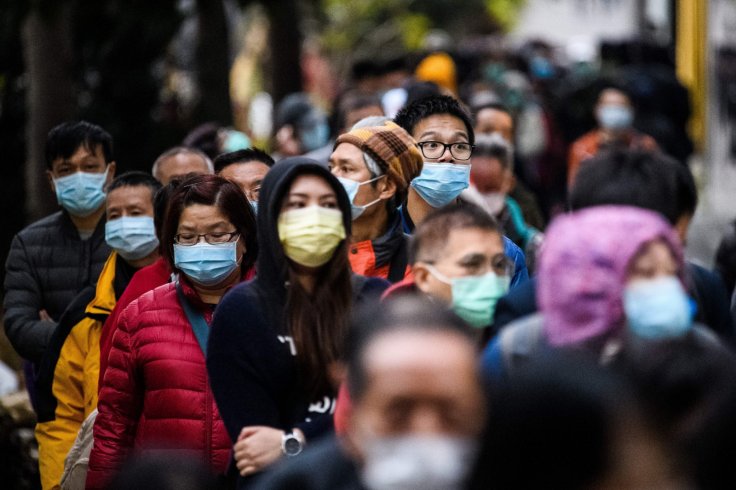The coronavirus or COVID-19 may stay infectious for weeks on banknotes, common surfaces, and glass, as per research by Australia's top biosecurity laboratory that shows the risks from paper currency, touchscreen devices, and grab handles and rails.
Researchers at the Australian Center for Disease Preparedness showed the novel coronavirus is 'extremely robust', surviving for around 28 days on the smooth surfaces like glass found on mobile phone screens and plastic banknotes at room temperature or 20 degrees Celcius.
The survival of the virus decreased to less than a day at 40 degrees Celcius on few surfaces, as per the study published in the Virology Journal. The discoveries add to the evidence that the coronavirus survives longer in cooler weather, which makes it harder to control in winter. The study also helps to more perfectly predict and mitigate the spread of the pandemic, as per the researchers.
COVID-19 on Surfaces

"Our results show that SARS-CoV-2 can remain infectious on surfaces for long periods of time, reinforcing the need for good practices such as regular hand washing and cleaning surfaces," Debbie Eagles, the center's deputy director, said in an emailed statement.
The deadly virus tended to survive longer on the nonporous smooth surfaces when compared to porous complex surfaces like cotton. The study got funding from the defense department of Australia. It involved drying the virus in an artificial mucus on different surfaces at concentrations alike to those reported in samples from infected people and then re-isolating the virus for over a month. The research was also done in the dark for removing the effect of ultraviolet light, as studies have shown that sunlight can inactivate the virus.
"While the precise role of surface transmission, the degree of surface contact and the amount of virus required for infection is yet to be determined, establishing how long this virus remains viable on surfaces is critical for developing risk mitigation strategies in high contact areas," Eagles mentioned.
The persistence on glass is an important discovery, given that touchscreen devices like mobile phones, bank ATMs, are high touch surfaces that may not be regularly cleaned and therefore pose a threat of transmission, the scientists mentioned in the paper.
They discovered longer survival time of the virus than seasonal flu on banknotes. China did decontamination of the paper currency before the coronavirus outbreak was declared a pandemic. The survival of the virus on stainless steel at cool temperatures might help understand the outbreaks linked to the meat processing and cold storage facilities, the researchers said.
"The research may also help to explain the apparent persistence and spread of SARS-CoV-2 in cool environments with high lipid or protein contamination, such as meat processing facilities and how we might better address that risk," Trevor Drew, who is the director of the Australian Center for Disease Preparedness, said.








